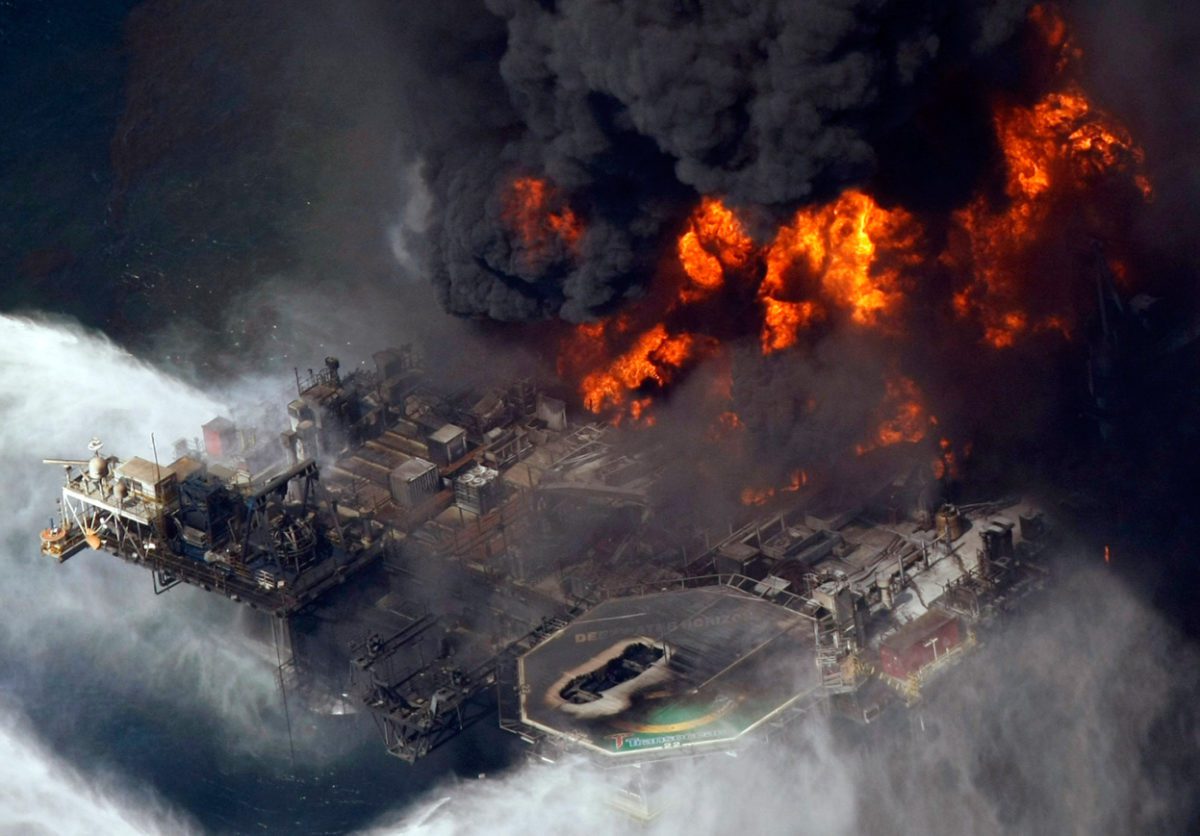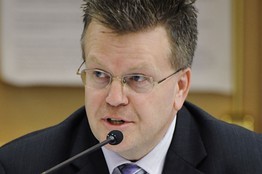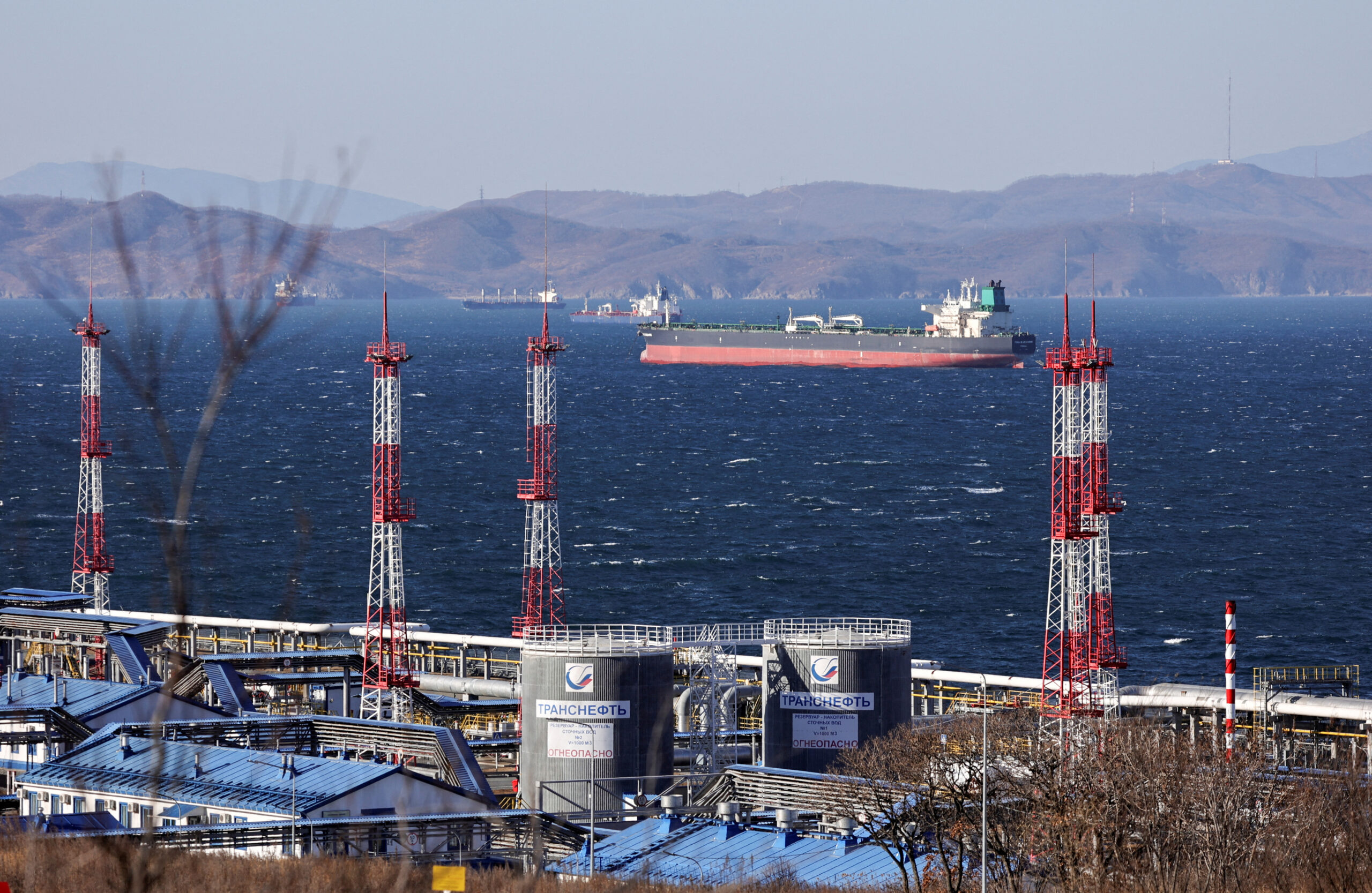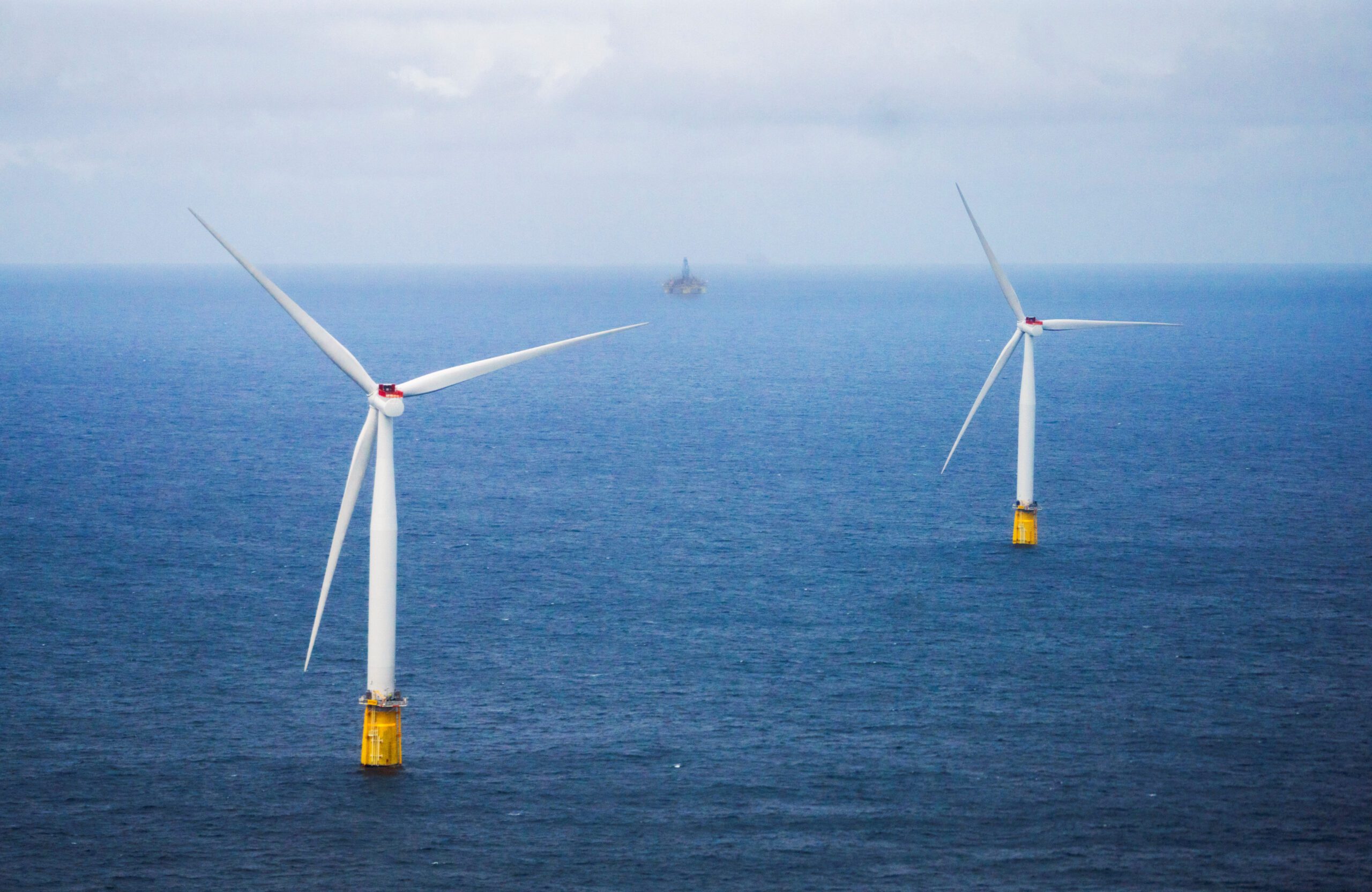
Deepwater Horizon’s “Company Men” Refuse to Testify, Prosecutors Seek Penalty Against BP

(Bloomberg) — The refusal of three BP Plc executives’ to testify about the 2010 Gulf of Mexico disaster should be held against the company at a multibillion-dollar trial over liability for the worst offshore oil spill in U.S. history, prosecutors said.
Mark Hafle, BP’s senior drilling engineer; Brian Morel, a drilling engineer; and Robert Kaluza, the well-site leader, were the London-based company’s direct chain of command over the well that blew out off the Louisiana coast in April 2010. All three have invoked their constitutional right not to testify on the grounds that it might incriminate them.
Federal prosecutors today asked a federal judge in New Orleans to rule that BP can be penalized at trial for the workers’ silence, citing the three employees’ refusal to answer specific questions about why they allegedly ignored warning signs and continued to drill and complete the well in violation of industry safety standards and government regulations.
“It was the well site leader and drilling engineer’s responsibility to ensure that the proper tests were completed before the cement was run, correct?” a lawyer asked Kaluza under oath in a pretrial deposition, according to today’s filing. “You could not simply rely on the contractor, could you?”
‘Company Men’
Kaluza, who was one of two BP “company men” on duty aboard the Deepwater Horizon drilling rig, declined to answer.
“You never ran any additional tests to determine the casing integrity or whether, in fact, something had ruptured higher up, did you?” the lawyer asked, saying that Kaluza had expressed concern about a possible rupture or hole.
Kaluza again refused to answer, according to the filing.
The government asked that the court “draw adverse inferences” based on the witnesses’ refusal to testify. This would mean that the judge, who is hearing the civil case without a jury, could assume that whatever testimony the BP workers’ might have provided would have been unfavorable to the company.
Shaune Clarke, Kaluza’s lawyer, Mitch Lansden, Hafle’s attorney, and Bill Taylor, who represents Morel, didn’t immediately return calls for comment. Ellen Moskowitz, a BP spokeswoman, didn’t immediately respond to a call and e-mail seeking comment.
Drilling Rig
The nonjury trial over liability for the explosion of the Deepwater Horizon drilling rig and the subsequent oil spill is set for Jan. 14 before U.S. District Judge Carl Barbier in New Orleans. Kaluza and the other BP employees were called as witnesses in the lawsuits over the spill.
The blowout and explosion on the Deepwater Horizon killed 11 workers and prompted hundreds of lawsuits against BP; Transocean Ltd., the Vernier, Switzerland-based owner and operator of the rig; and Halliburton Co., which provided cementing services.
The U.S. government also sued BP, Transocean and BP’s partners in the well, Mitsui & Co.’s MOEX Offshore 2007 and The Woodlands, Texas-based Anadarko Petroleum Corp., alleging violations of federal pollution laws. Louisiana and Alabama sued as well. MOEX has settled the federal pollution claims.
BP reached an estimated $7.8 billion settlement with most private party plaintiffs in March. The plaintiffs’ and government claims against BP’s contractors on the doomed Macondo well remain.
Unanswered Questions
Transocean, owner of the rig, also asked the court today to draw adverse inferences from the refusal to testify of BP employees Hafle, Kaluza and Morel. Transocean had earlier sought such a ruling on Hafle; the company asked for “additional adverse inferences” today.
“These witnesses had substantial responsibility at BP over the Macondo well,” Transocean said in today’s filing. The unanswered questions “relate to these witnesses’ mishandling of cementing decisions on behalf of BP and to their mishandling of the negative pressure test on April 20, 2010.”
Transocean has contended that BP personnel ignored a potentially flawed negative pressure test before the well blew.
Prosecutors also asked the judge today to draw adverse inferences against 11 other drilling personnel associated with the Deepwater Horizon, who worked either for Transocean, or for Halliburton and its Sperry-Sun drilling measurement unit, who were providing cementing services to the well.
Health Concerns
Donald Vidrine, the BP company man on duty at the time of the explosion, has also refused to answer all questions, citing health concerns, not his constitutional right against self- incrimination. The government doesn’t mention Vidrine in today’s filing.
“To date, Vidrine has refused to testify due to alleged health issues,” Transocean said in its filing.
Beverly Stafford, a Halliburton spokeswoman, and Lou Colasuonno, a Transocean spokesman, didn’t immediately return calls and e-mails seeking comment. Robert Habans, Vidrine’s lawyer, didn’t immediately respond to voice and e-mail messages seeking comment on the government’s request.
The case is In re Oil Spill by the Oil Rig Deepwater Horizon in the Gulf of Mexico on April 20, 2010, MDL-2179, U.S. District Court, Eastern District of Louisiana (New Orleans).

Subscribe for Daily Maritime Insights
Sign up for gCaptain’s newsletter and never miss an update
— trusted by our 108,050 members

Get The Industry’s Go-To News
Subscribe to gCaptain Daily and stay informed with the latest global maritime and offshore news

 Join The Club
Join The Club









